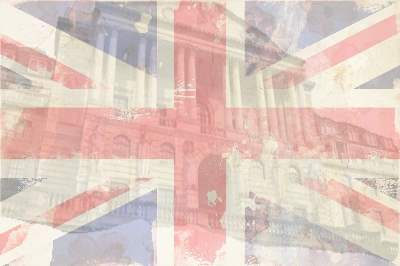Bank of England Tests the Water on Negative Interest Rates
Published / Last Updated on 14/10/2020

Investment, commercial, retail and 'High Street' banking groups will be required to fill out a survey from the Bank of England (BoE) detailing how zero rate or negative central bank interest rates will affect their services.
The BoE has written to lenders asking them to comment on how reliant they are on third parties to accommodate the change and the time and costs involved to implement the rate change.
Deputy Governor and CEO of the Prudential Regulation Authority (PRA) Sam Woods said about the letter that they have been considering negative rates since the 2008 financial crisis as a policy tool. The PRA also suggest it is important to understand the implications and are considering how a tiered approach to negative rates would work in order to reserve remuneration.
Sam Woods continues to say: “They are seeking to understand whether there may be potential short-term solution or workarounds, and also considering a permanent system change”.
Banks until 12th November 2020 to submit their answers, but responses are voluntary.
Since the UK went into lockdown to minimise the spread of the coronavirus the possibility of the bank base rate falling into negative had been widely anticipated after the rate was cut to a historical low of 0.1% pa.
The BoE hinted about the use of negative rates but needed to review the impact it might have on banks and the wider economy, but Sir Dave Ramsden, deputy governor of the BoE said “negative rates may not be the best way to stimulate the economy and suggests the Monetary Policy Committee were not planning to resort to this strategy anytime soon”.
Comment
It is almost inevitable that base rates will go negative and we have already produced a video discussing potential financial planning options ahead of any negative interest rate move. Watch: Investment Planning for Negative Interest Rates.